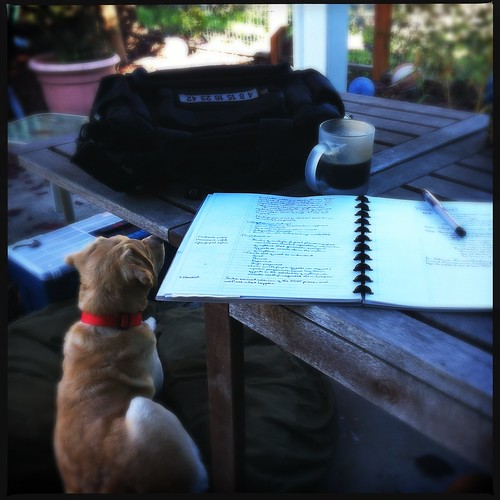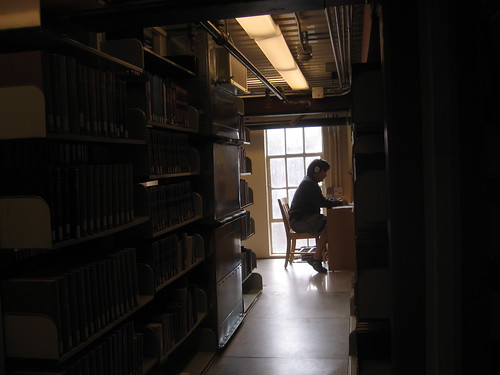I’ve long been sympathetic to, but also skeptical, of the claim that you should “do what you love” or pursue your passion no matter what.
For one thing, creative industries (and let’s face it, people who are urged to “follow their passion” usually don’t become coal miners or accountants) are awfully cyclical, fickle, or crowded with other people trying to do what they love. Even artists or architects who achieve fame can end up penniless after fashions change and their work falls out of favor.
Further, as a Ph.D., and veteran of the academic job market, I know first-hand that loving a particular kind of work is no guarantee that the market will love you back. Indeed, that experience taught me just how double-edged a sword the belief that passion leads to success really is: if you achieve only modest success, or none at all, does that mean you failed because you weren’t passionate enough? DWYL seems like a great way to draw attention away from the fact that your chosen field has come to rely on the exploitation of adjuncts and freelancers and people working “for exposure.” Or as Miya Tokumitsu put it, the DWYL ideology is brilliant at “making workers believe their labor serves the self and not the marketplace.”
Finally, after writing Rest, and accumulating many stories of people who are either do great work while having day jobs or who are creative across multiple domains, it was clear to me that being creative doesn’t mean working all the time– indeed, you’re more likely to have good ideas if you give yourself plenty of breaks, and have the freedom to detach from work.
So I was glad to find Andi Zeisler’s essay “Do What You Love*,” which offers some good advice about following your passion and doing what you love.
the phrase “Do what you love, love what you do” has become an urtext of the 21st-century creative meritocracy…. But with every new iteration, exhortations to “Do what you love” and “Love what you do” have come to seem like perky cheerleaders for a game in which the rules are frustratingly subjective and the outcomes rigged….
You can also love something, but simultaneously know what your limits with that thing are. The “what” in DWYL doesn’t have to be singular. And if we believe that the value of home cooks, hobbyists, and weekend artists can be equal to the value of critical acclaim and widespread recognition, maybe we don’t need to “settle” at all.
Definitely worth reading.

